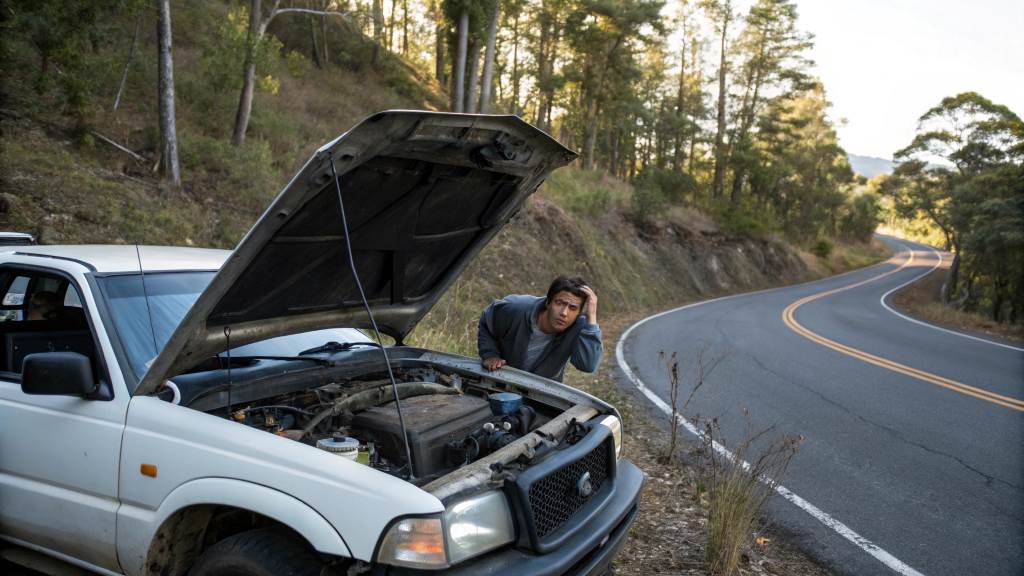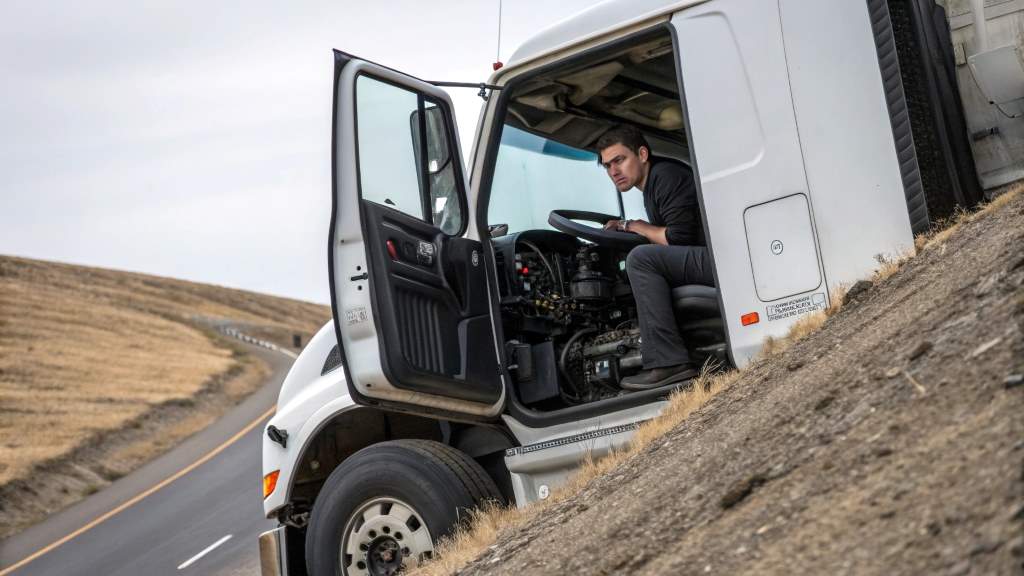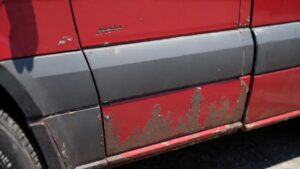Understanding a Rattling Noise When Accelerating Uphill in a Truck

Experiencing a rattling noise while accelerating uphill in a truck can be frustrating and concerning. This issue is often indicative of underlying mechanical or structural problems that require prompt attention to avoid further damage. Diagnosing such noises may seem daunting, but with the right approach, it’s manageable.
Whether you drive a heavy-duty truck or a lighter model, uphill acceleration puts significant strain on your vehicle’s components. This stress can amplify existing issues in your drivetrain, exhaust, or suspension systems, resulting in that annoying rattle. Before diving into diagnostics, explore Autonags for comprehensive truck maintenance tips and solutions.
Common culprits for rattling noises in such scenarios include loose heat shields, malfunctioning catalytic converters, or even engine knocking caused by low-quality fuel. To pinpoint the exact cause, a systematic inspection of these areas is crucial.
Key Areas to Inspect for Rattling Noises
Exhaust System Issues
Rattles originating from the exhaust system are a frequent cause of noise when accelerating uphill. Components like loose heat shields, broken hangers, or a damaged catalytic converter can vibrate under load. A visual inspection can often reveal misaligned parts or rusted brackets, which are common culprits.
If washing your engine at a car wash isn’t done carefully, water can inadvertently seep into sensitive areas, potentially causing corrosion or damage to exhaust system components. Learn more about safe methods by exploring washing engine at car wash.
Engine and Transmission Mounts
Worn or broken mounts allow the engine or transmission to shift excessively during acceleration, especially uphill. This movement creates rattling sounds as metal parts collide. Over time, wear and tear on mounts are inevitable, especially in trucks subjected to heavy loads or frequent off-road use.
Inspecting the mounts for cracks or misalignment is essential. Replacing worn mounts not only eliminates rattles but also restores smooth power delivery, improving overall driving comfort.

Drivetrain Components and Their Role in Rattling Noises
The drivetrain bears the brunt of uphill acceleration, especially in trucks designed for towing or hauling. U-joints, differential gears, or CV joints in the driveshaft can develop play over time, leading to rattling noises under strain.
Testing and Diagnosing the Driveshaft
Place your truck in neutral and manually inspect the driveshaft for looseness or uneven rotation. A worn U-joint often exhibits excessive play, requiring replacement. Proactively maintaining these components can save significant repair costs and prevent breakdowns.
Axle-Related Issues
Bent or damaged axles may also cause rattles, particularly when coupled with uphill acceleration. Symptoms often worsen during sharp turns or under a heavy load. Ensuring that the axle components are properly lubricated and in alignment can eliminate these noises effectively.
The Role of Suspension and Wheel Assemblies
Suspension Components Under Pressure
When accelerating uphill, the suspension system is under extra strain, which can expose faults in struts, shocks, or bushings. Worn-out suspension parts often cause rattling noises, especially on uneven terrain.
Inspect suspension components regularly, focusing on loose or damaged parts. Replacing worn bushings or upgrading to heavy-duty shocks can enhance your truck’s performance and silence rattles.
Wheel Bearings and Alignment
Faulty wheel bearings or misaligned wheels are silent culprits of rattling noises. As you ascend steep inclines, these issues amplify vibrations, causing noticeable noise. Proper alignment and timely replacement of worn bearings ensure smoother, quieter operation.
How Fuel Quality Affects Engine Performance and Noise
Low-quality fuel or incorrect octane levels can cause engine knocking, a form of rattling noise that is more noticeable during uphill acceleration. Detonation occurs when fuel ignites unevenly, leading to a knocking sound.
Switching to a higher-octane fuel and using fuel additives to clean the engine’s internals can prevent knocking. Regular maintenance, including timely oil changes, further protects the engine from such issues.
FAQs
Why does my truck only rattle when going uphill?
Uphill acceleration puts extra strain on the drivetrain, engine, and suspension, which can reveal underlying issues such as loose components, worn mounts, or engine knocking.
Can washing my engine at a car wash cause rattling?
Improper washing can lead to water intrusion in sensitive areas, like the exhaust or electrical systems, potentially causing corrosion or rattling noises.
How do I know if my catalytic converter is the problem?
A failing catalytic converter often produces a metallic rattle, especially during acceleration. Inspect for visible damage or listen for unusual noises while idling.
Are rattling noises dangerous to ignore?
Yes, ignoring these noises can lead to more severe damage, including drivetrain failure, increased repair costs, or even safety hazards.
How can I test my truck’s U-joints?
Inspect the driveshaft for excessive play or noise when rotated manually. Worn U-joints require immediate replacement to prevent further issues.
When should I consult a professional?
If you’re unable to identify the source of the noise after a basic inspection, it’s best to consult a mechanic for a detailed diagnosis and repair.
Conclusion
Diagnosing a rattling noise only when accelerating uphill in a truck requires a systematic approach to identify and address the root cause. From inspecting the exhaust system to ensuring drivetrain integrity, every component plays a role in your truck’s performance. Regular maintenance and careful driving habits, such as avoiding overloading and using quality fuel, can prevent many common issues.







